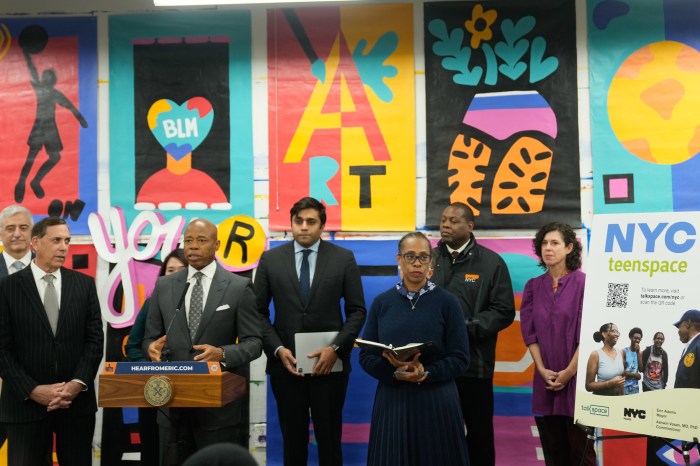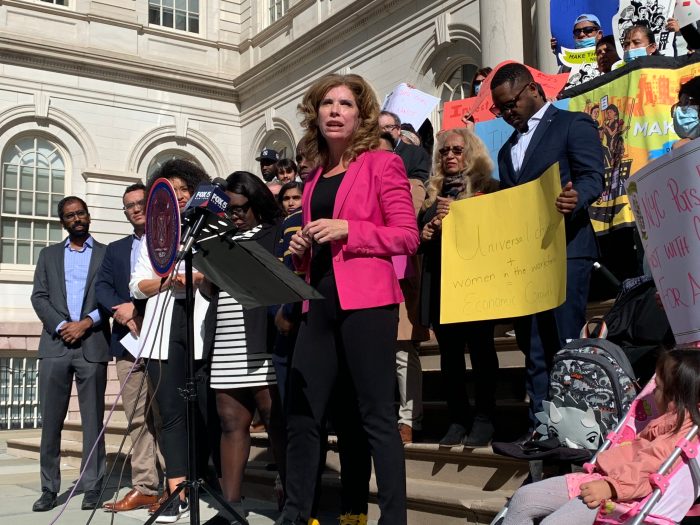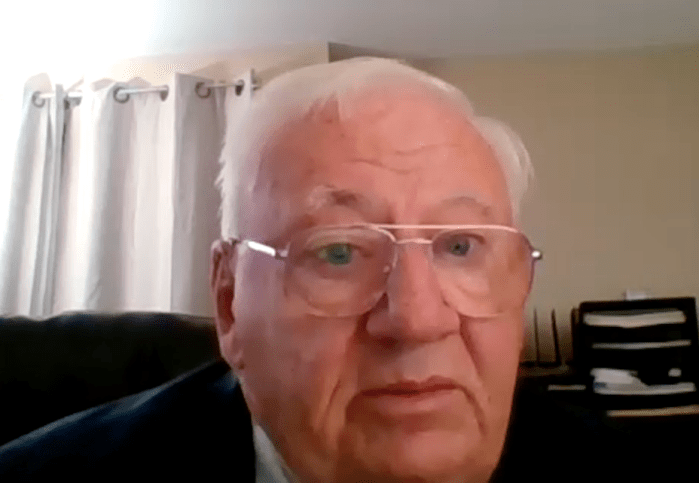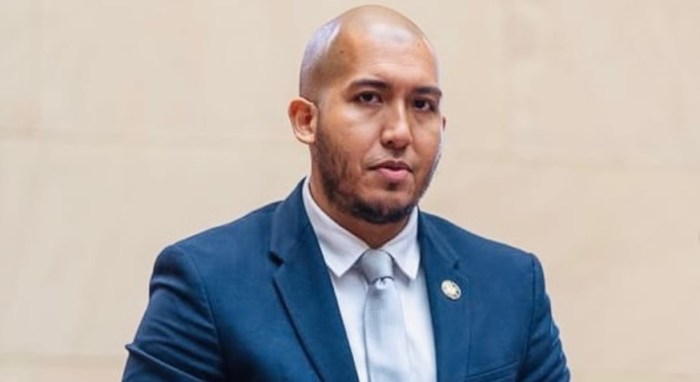Local family-run pharmacies are hopeful the United States Supreme Court will soon side with them an effort to support the rights of states to impose regulations on the Pharmacy Benefit Manager (PBM) industry.
That after the nation’s highest court heard the opening arguments on the case, Rutledge v. the Pharmaceutical Care Management Association,, local family-run pharmacies.
“This case is about the legal mechanism that for too long has allowed pharmacy benefit managers (PBMs) to corrupt and degrade our prescription drug distribution system with impunity. We are hopeful the United States Supreme Court will restore the right of states across the country to protect patients, taxpayers and pharmacies by reining in these corrupt, unregulated corporations,” said Tom D’Angelo president of the Pharmacists Society of the State of New York (PSSNY).
The COVID-19 pandemic has amplified long-standing challenges for pharmacists due to prescription drug middleman known as pharmacy benefit managers (PBMs), which reimburses pharmacies for the prescriptions they fill and claim to save the average consumer more money on their health plans.
“PBMs are the prescription drug middlemen who take prescription claims, and they’re under scrutiny because they rig the prices. They eliminate patient choice and they rip off the taxpayers quite honestly,” said Marta Giammarino works at Kings Specialty Pharmacy in Park Slope. “They’re really destroying the independent pharmacy and they’ve cut the reimbursement so much that– a lot of times we’re filling prescriptions and losing money.”
Giammarino said the money made doesn’t always cover the pharmacists time and customer service, overhead, rent, and other insurances, especially during difficult COVID-19 times. “There’s been a lot of issues with the mail, so a lot of these patients get mail-order medications. So they don’t get it on time and then we can’t fill it because they’re limited to a 3-day supply,” said Giammarino.
In 2018, CVS, which already owned one of the three largest PBM in the country, merged with insurance giant Aetna for $69 billion. Another major health insurer, Cigna, acquired PBM Express Scripts, which services large employers as well as Medicare and Medicaid, a few months later. They reported that in the first full quarter as a combined company they made $37.9 billion in total revenues.
At the same time in 2018, 21 states passed bills to crack down on vague PBM business practices through tighter regulations.
Jose Caseres is a Cuban immigrant who grew up in Washington Heights and became a pharmacist. He now has the City Drug & Surgical chain that includes six stores in his neighborhood, and primarily works out of the store located on 161st Street and Amsterdam Avenue.
“Their point of saving tremendous amounts of money to the patient is really a fallacy because in some cases what they do, especially with Medicare Part D claims, the prices they reimburse generic drugs are at a higher level of costs,” said Caseres. “There are generic drugs that come onto the market and we’re able to dispense them, but then you have PBMs, they will keep the generic drug off their formulary and mandate that we continue dispensing the brand which is a higher cost.”
Caseres, who is also a PSSNY member, said he’s been working with local officials to make PBMs more transparent.
Governor Andrew Cuomo unexpectedly vetoed a bill on the middlemen after it passed the New York State Legislature with overwhelming bipartisan support in 2019. The decision reportedly had mixed reactions. The bill is expected to be reintroduced when the legislature resumes its fall session this year.
“We still have hope in the profession,” said Giammarino. “I can’t urge how much we need this bill passed.”

















